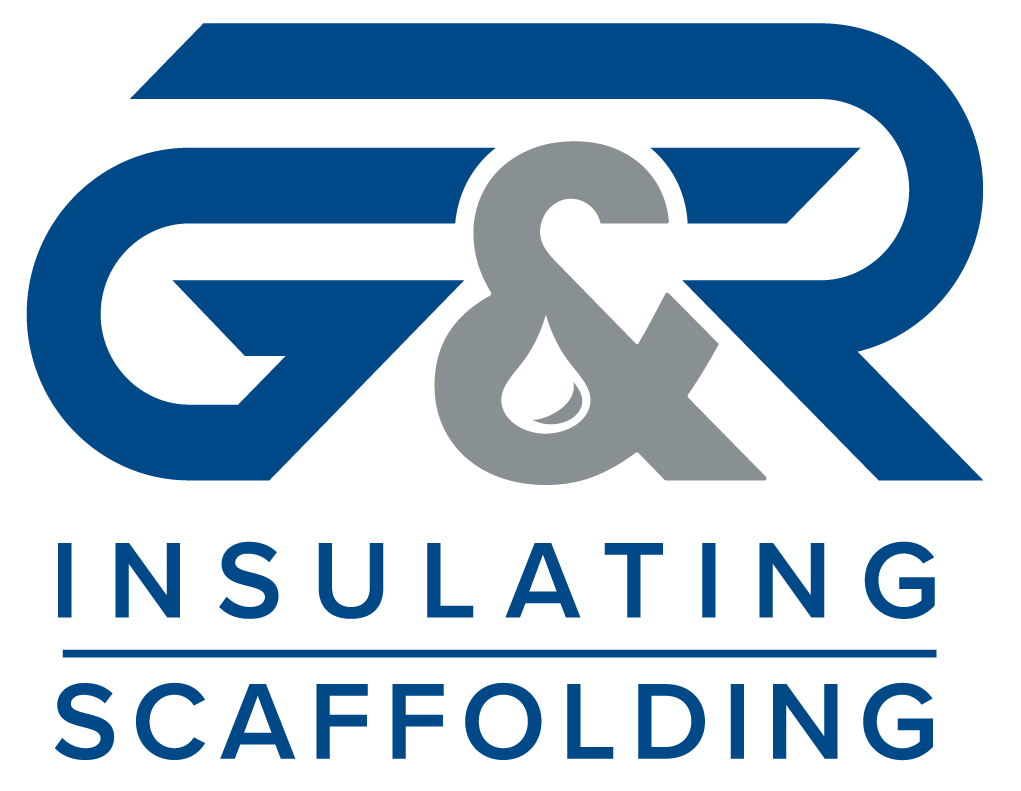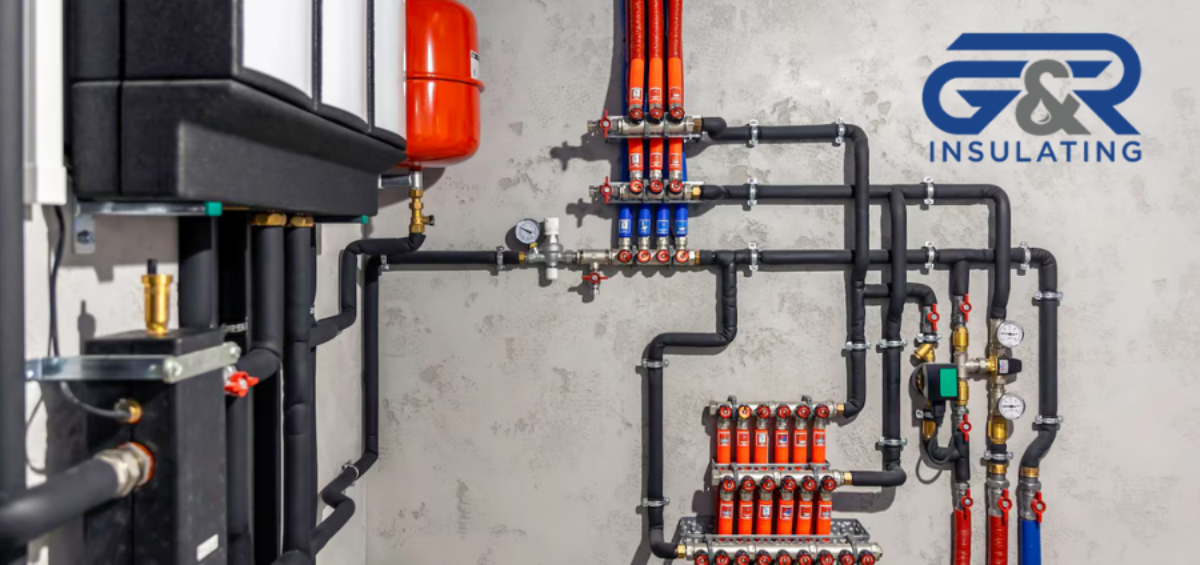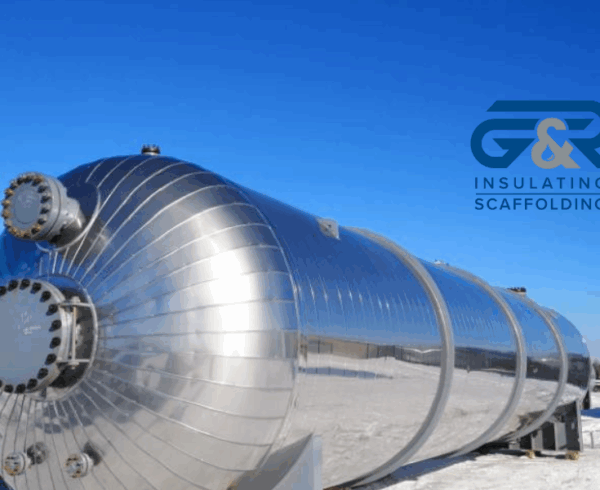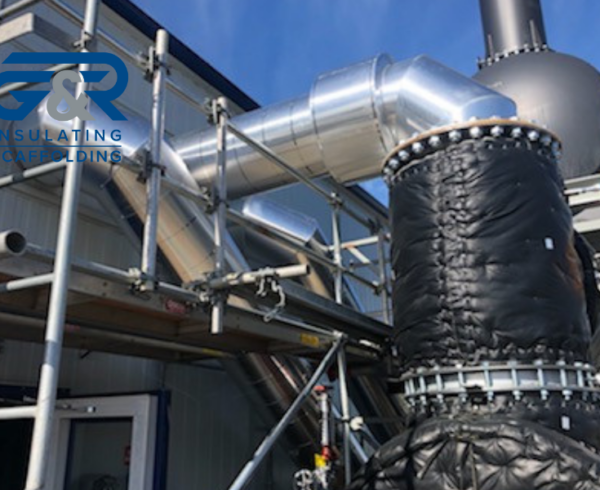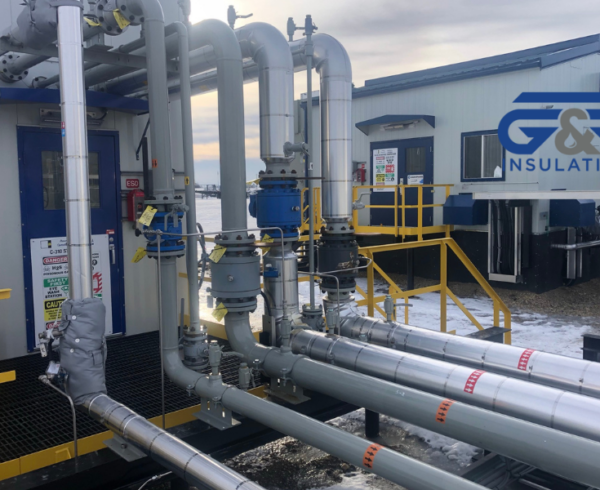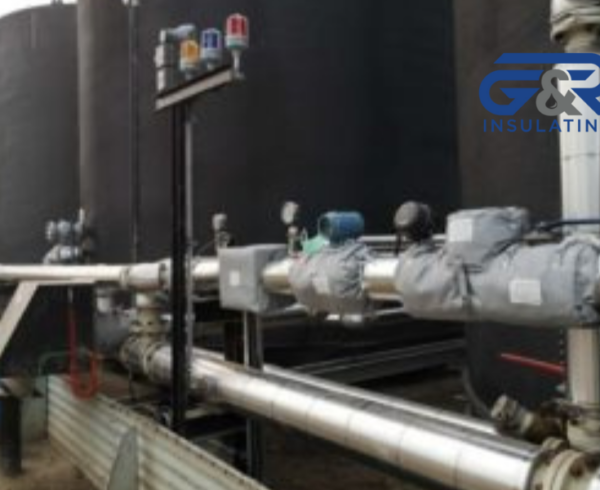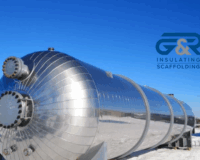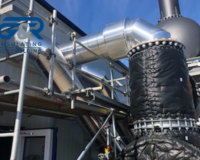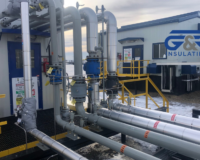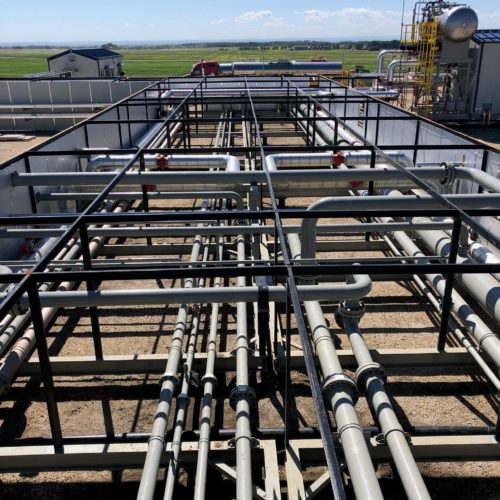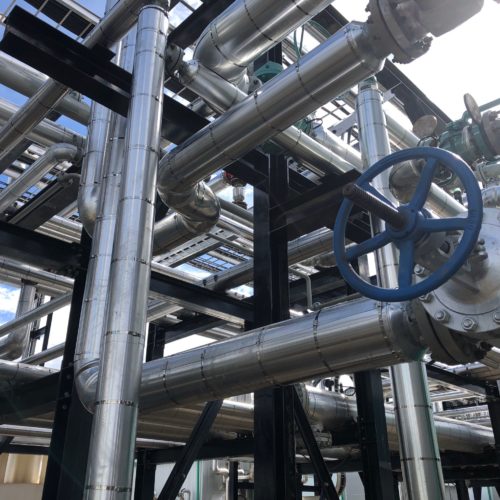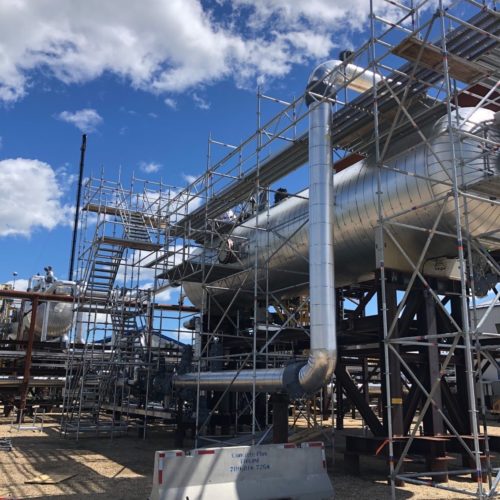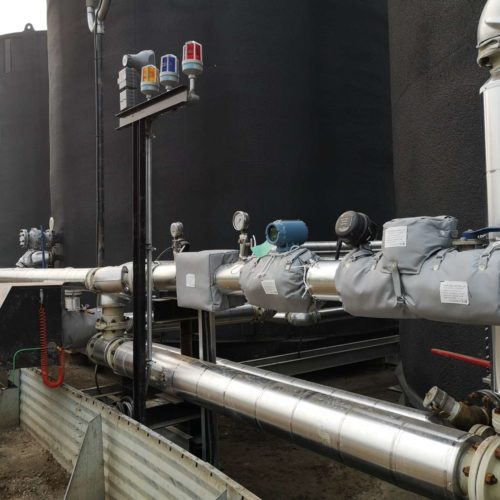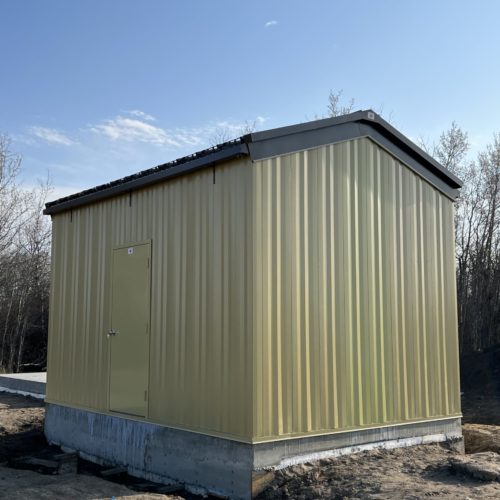Industrial heating systems need reliable and efficient solutions to keep operations running smoothly. One key component used in these systems is glycol. Glycol is a liquid that helps transfer heat while preventing freezing and corrosion. It is widely used in various industries, from manufacturing to oil and gas. But why is glycol so important? How does it work in heating systems? Let’s explore the many uses of glycol in industrial heating.
What is Glycol?
Glycol is a chemical compound commonly used in heating and cooling systems. It is mixed with water to create a heat transfer fluid. The two main types of glycol used in industrial systems are:
- Ethylene Glycol (EG): This type is effective but toxic, so it is mainly used in closed systems where it won’t be exposed to people or the environment.
- Propylene Glycol (PG): This is a safer alternative, often used in food processing and other applications where safety is a concern.
Both types help prevent freezing, reduce corrosion, and improve heat transfer efficiency.
Preventing Freezing in Cold Environments
One of the main reasons industries use glycol is its freeze protection ability. In extremely cold conditions, water-based heating systems can freeze, causing pipes to burst and leading to costly repairs. Glycol lowers the freezing point of the liquid, keeping the system running even in freezing temperatures.
For example, oil and gas industries operating in northern regions rely on glycol-based heating systems to keep equipment functional during harsh winters.
Protecting Equipment from Corrosion
Water alone can cause rust and corrosion inside pipes and machinery. Corrosion weakens metal components, leading to leaks and breakdowns. Glycol contains corrosion inhibitors, which protect metal surfaces and extend the life of heating systems.
Many industrial facilities use glycol mixtures to keep their equipment in good condition, reducing maintenance costs and improving efficiency.
Improving Heat Transfer Efficiency
Industrial heating systems need to transfer heat effectively. Glycol improves heat transfer efficiency, ensuring that heat reaches all parts of a system evenly. This is especially important in industries like manufacturing and food processing, where maintaining the right temperature is crucial.
For instance, breweries use glycol to regulate the temperature of fermentation tanks, ensuring the right conditions for beer production.
Used in Oil and Gas Operations
Glycol heating systems play a key role in oilfield operations. In cold climates, oil can thicken, making it harder to transport. Glycol-based systems help keep oil at the right temperature, preventing delays and improving efficiency.
Oil and gas companies also use glycol for pipeline heating and dehydration processes, ensuring smooth operations even in extreme conditions.
Applications in HVAC Systems
Many industrial heating, ventilation, and air conditioning (HVAC) systems use glycol to regulate temperatures. It helps keep large buildings warm during winter and prevents cooling systems from freezing.
Hospitals, office buildings, and factories use glycol-based HVAC systems to maintain comfortable and safe working conditions.
Safe Handling and Maintenance of Glycol Systems
While glycol is effective, it requires proper handling and maintenance. Over time, glycol can break down, losing its ability to prevent freezing and corrosion. Regular testing and replacement are necessary to keep the system working properly.
Industries that use glycol heating systems get help from experts to make sure everything works safely and stays in good shape.
Conclusion
Glycol plays a vital role in industrial heating systems, offering freeze protection, corrosion prevention, and improved heat transfer efficiency. It is used in many industries, including oil and gas, food processing, manufacturing, and HVAC systems.
To keep these systems running smoothly, businesses must ensure proper maintenance and safety practices. Providing quality service and products is key to efficiency and reliability. Companies like G&R Insulating specialize in mechanical piping insulation, glycol tubing installation, and other industrial services, ensuring safe and efficient heating solutions.
If you’re looking for reliable glycol heating solutions, make sure to consult with industry experts. Contact a professional today to learn more!
